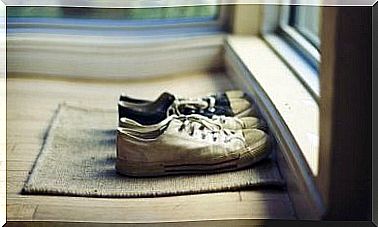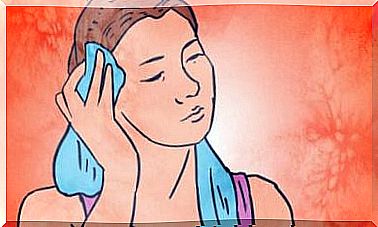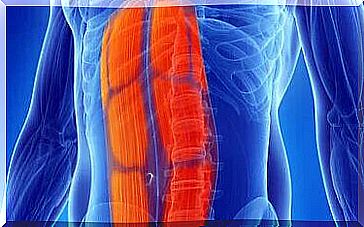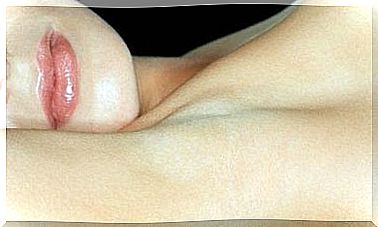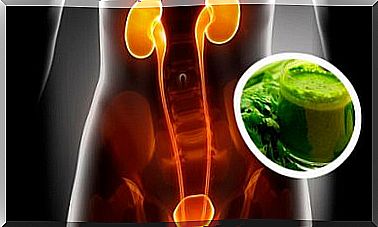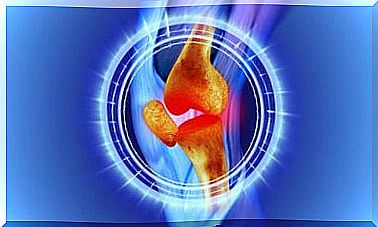How To Treat Sleep Apnea?
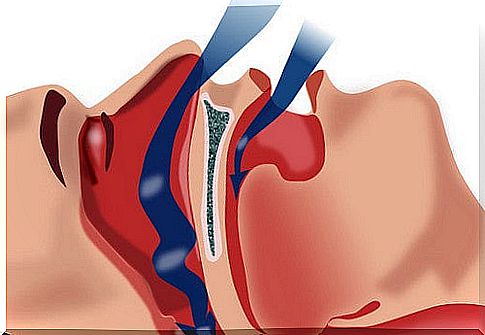
Sleep apnea is a disorder that affects how we breathe when we are sleeping. People who suffer from it experience a kind of “artificial respiration” or stopping inhaling air during certain times during the night. These interruptions can even last up to 20 seconds!
The characteristics of sleep apnea
Sleep apnea prevents you from sleeping well. It also interferes with the natural rhythm of sleep. Consequence: The person may be a light sleeper or be unable to sleep soundly. His body cannot therefore benefit from a good recovery, especially after a hard day’s work!
The negative consequences of sleep apnea are numerous, such as decreased energy, reduced productivity and mental alertness, slow reflexes, etc.
These disorders are not treated the same way as drowsiness or insomnia. They can even cause more serious health problems if they are not treated in time: heart problems, obesity, high blood pressure or diabetes. But the right treatment can solve this problem and heal your sleep!
Symptoms
- Pauses during breathing
- Quite loud snoring
- Asphyxia
- Panting
- Drowsiness during the day
- Turbulence during sleep
- Feeling of lack of air when waking up
- Waking up with a dry or sore throat
- Headache upon waking up
- Irritability
- Inability to concentrate
- Mood swings
- Depression
- Unusual positions when sleeping
- Nightmares
- Tendency to breathe more through the mouth
- Excessive sweating during the night
- Decline at work or elsewhere.
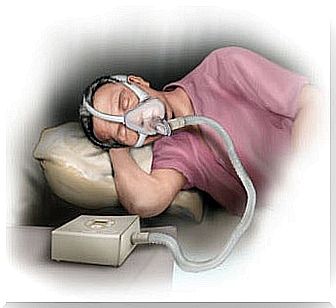
The causes that cause sleep apnea are numerous, and we can also distinguish 3 types of apnea:
- Obstructive sleep apnea: it occurs by a narrowing of the airways when breathing in due to a muscle imbalance in the throat. This causes short stops when inhaling air, reducing the amount of oxygen that gets into the blood. When this happens, the affected person instantly wakes up, as the brain detects an inability to breathe, causing the body to stand up in order to open the airways. This episode may repeat itself several times during each night. A feeling of fatigue or a feeling of suffocation may result.
- Central sleep apnea: this is the least common, but it is better to report it. This type of apnea occurs when the brain does not communicate properly with the muscles responsible for breathing. The suffering person will then encounter problems in reconciling sleep. This type of apnea is especially very common in people with heart disease.
- Complete sleep apnea: it occurs after an obstruction in the airways due to various factors and failures in the function of the muscles involved. These causes include tobacco, obesity, alcohol, obstruction in the nose or a family history.
Natural treatments for sleep apnea
These tips can help you deal with this problem so that your respiratory system is in better condition, including preventing snoring at night:
- Lose some weight: this could help relieve the strain on the throat. You should try to maintain your ideal weight by eating a healthy and balanced diet.
- Exercise: 30 minutes of physical activity a day, such as walking, helps fight obstructive sleep apnea.
- Avoid certain drugs and alcohol: tranquilizers, sleeping pills or antihistamines are harmful in this kind of case. Just like alcohol, because it helps relax the posterior muscles of the throat. This causes interference with breathing.
- Sleep on your stomach or on your side: do not sleep on your back. This could cause the tongue or the soft palate to lean on the throat and block the airways. Some even recommend sewing a tennis ball or other object on the back to avoid turning during the night!

- Keep the nasal cavity open overnight: use a saline nasal spray. The idea is to leave the nose “available” in order to receive the necessary air. It is also advisable to avoid using decongestants or antihistamines.
- Avoid caffeine consumption or heavy meals: Caffeine interferes with the normal rhythm of sleep, just like busy meals. That’s why it would be better to go to bed an hour or two after dinner.
- Respect the hours of sleep: Try to always get up and go to bed at the same time, as these habits would allow the body to be programmed to get enough sleep each night and thus reduce episodes of apnea.
- Practice yoga: this exercise relies on breathing more consciously and better able to open the nasal cavities and airways. If you practice it on a regular basis, this exercise can help you control your breathing and thus ensure the passage of air, whether it is inside or outside the body.
- Eat Garlic: This remedy will help relieve enlarged tonsils or inflammation in the respiratory system. It will also allow you to breathe and exhale more naturally. Make a garlic paste and take it before sleeping, or add more garlic to your meals!

